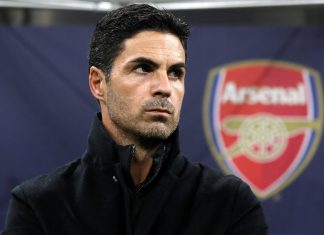A team of comparatively modest means have come through the leagues and stayed there for years now. They have never really looked like being relegated either, since their arrival in the Premier League. Charlton and Bolton were both looked upon as role models for how to get into and stay in the top flight. Both did so through modest means, and functional football. But Charlton are only just getting promoted back into the second tier now, whilst Bolton are fighting relegation, as they have before, and may not be in the big time next season.
Now Swansea and Norwich are being cited as examples of the new way to avoid relegation and establish themselves; playing good football. It is true both have done superbly. But Fulham are an often overlooked example. Maybe it is that they are unfashionable, but Fulham came into the league, played good football and have stayed there ever since.
One of the most impressive aspects of their time in the Premier League is that they have had so many different managers, yet had such great continuity. There was Jean Tigana, who played attractive football with the likes of Louis Saha at the club, and the ill fated spell of Steve Marlet. They then brought in Chris Coleman, who continued Tigana’s good work, ensuring the free flowing, patient play continued.
Lawrie Sanchez was a brief diversion from that script, as he brought in functional football that threatened their top flight status – he was soon fired. Then there was Roy Hodgson, who saved the team from relegation by getting the team to revert to their previous passing principles, whilst adding some solidity and organisation to the team. His brilliant work at the club was carried over by Mark Hughes last year, who tends to emphasise defensiveness. But his team still had that trademark Fulham passing style.
And now the same is true of Martin Jol, whose traditional attacking spirit is complemented by the defensive organisation of the side he inherited. The continuity at the club through this time is emphasised by their players, many of whom have been there for years, not least Danny Murphy, who is the hub through which they have played for so many years. This is a team cleverly built, which needs little managing, and rarely an overhaul. It is the art of transition personified, and can be a lesson to any team with a genuine long term aspiration to thrive at the highest level whilst playing good football.







